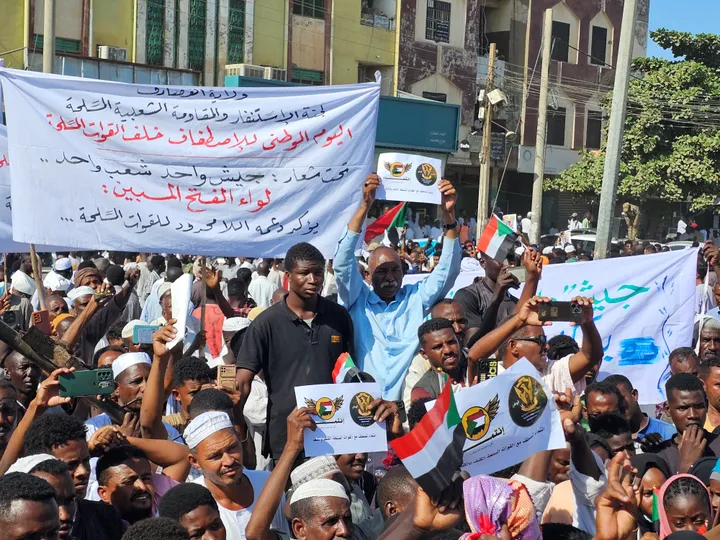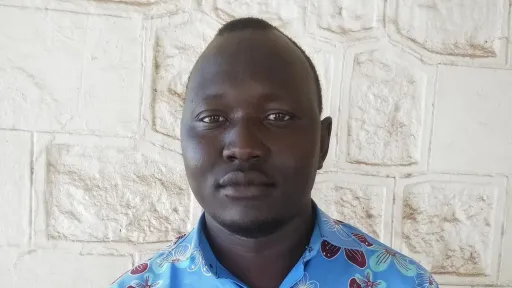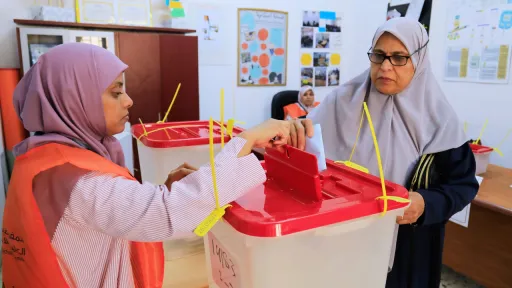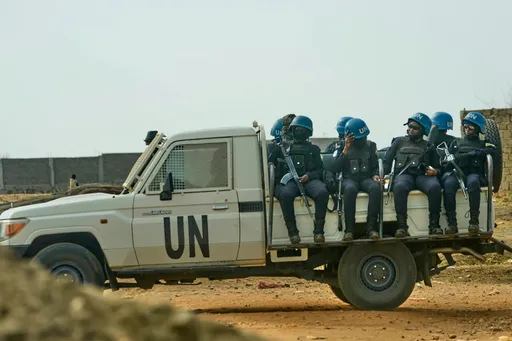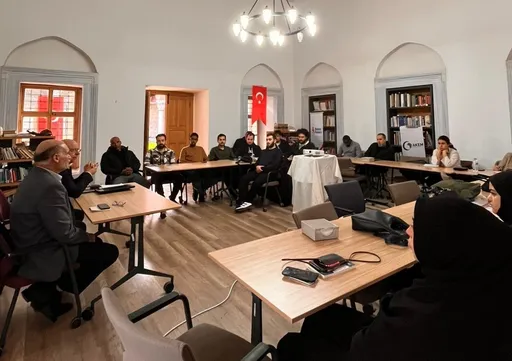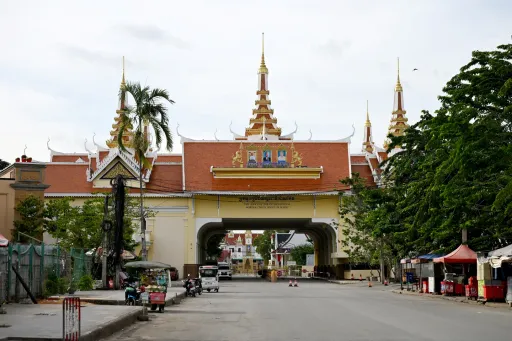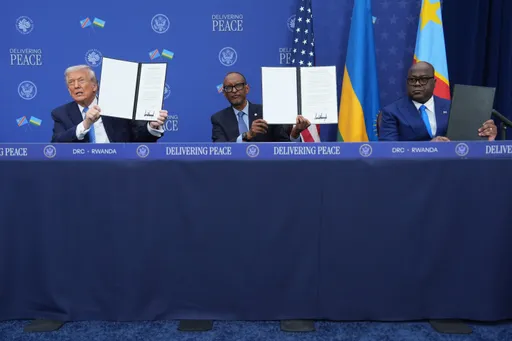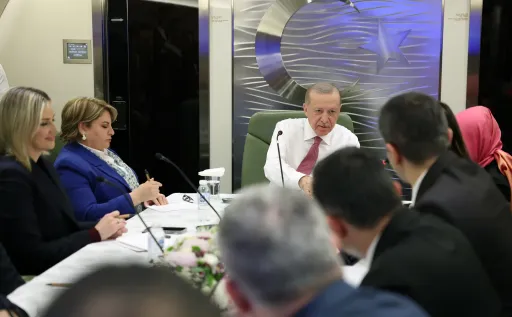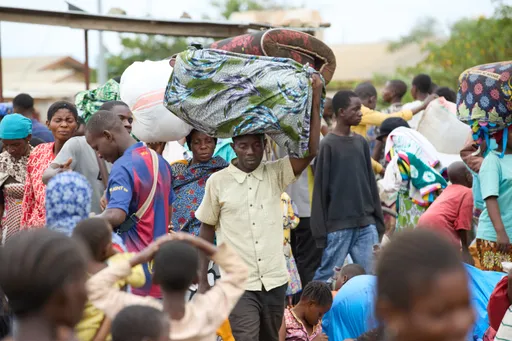The two sides of the divided tiny island of Cyprus have tried to iron out their differences for decades without much success.
Now, Ersin Tatar, the president of the Turkish Republic of Northern Cyprus (TRNC), has announced that he has agreed to an informal meeting with the leader of the Greek-administered Cyprus.
The meeting was proposed by the United Nations Secretary-General Antonio Guterres.
Tatar said on Sunday that such a meeting could pave the way for a consultative session in a 4+1 format involving Türkiye, TRNC, Greek-administered Cyprus and Greece to deliberate on the future contours of the island.
He underscored that the Turkish Cypriot side would not engage in formal negotiations unless its “sovereign equality and equal international status were recognised.”
Professor Ismail Sahin of Bandirma Onyedi Eylul University says that while the meeting was a good sign of peace and stability in the region, the parties have to cover a large ground before kickstarting formal negotiations.
"This informal meeting can be seen as an important development for the two leaders to establish a dialogue. However, under the current circumstances, a new negotiation process for the island is not on the horizon, " he tells TRT World.
Cyprus has been mired in a decades-long dispute between Greek Cypriots and Turkish Cypriots, despite a series of diplomatic efforts by the UN to achieve a comprehensive settlement.
Ethnic attacks starting in the early 1960s forced Turkish Cypriots to withdraw into enclaves for their safety.
In 1974, a Greek Cypriot coup aimed at Greece’s annexation of the island led to Türkiye’s military intervention as a guarantor power to protect Turkish Cypriots from persecution and violence. As a result, the Turkish Republic of Northern Cyprus was founded in 1983.
The Greek Cypriot administration was admitted to the EU in 2004, the same year when Greek Cypriots thwarted a UN plan to end the longstanding dispute.
TRNC President Tatar said he conveyed to Guterres that the idea of a federation has been exhausted and will no longer be considered. However, the Turkish Cypriot side will not sever communication channels.
“I responded positively to UN Secretary-General Guterres' offer to meet with the Greek Cypriot leader at an informal meeting. In essence, I accepted the offer for a non-official gathering, which falls outside the framework of formal Cyprus negotiations," he says.
"Far from new round of negotiations"
A two state or a federation solution?
Sahin of Bandirma Onyedi Eylul University says that both sides have differing ambitions.
"While the Greek Cypriot side continues to insist on a federation for a permanent solution on the island, the Turkish side puts forward the two-state solution model as a condition for negotiations. "
The last attempt to find a federal solution failed in Switzerland in 2017 after the Greek side left the table.
While the Greek Cypriot side wants the talks to continue where they left off in 2017, the Turkish side does not want to renegotiate the federation model, which has not gotten anywhere since talks began in 1977.
"It is a fact that the federation model is neither theoretically nor practically suitable for Cyprus. It is a known fact that the federation model cannot be applied to societies that have completed their nationalisation process. Therefore, a two-state solution is a more realistic and sustainable model than a federation, " Sahin says.
Greek Cypriot leader further complicates the process by stating at every opportunity that a two-state solution will never be negotiated, he says.
"Also, the Greek side is trying to undermine all investments coming to the TRNC, from tourism to education, from trade to construction,” he says, adding this is being done to force TRNC to accept the federation models.
“When we put all these together, we can say that we are far from a new negotiation process in Cyprus. "
Israel's wars on Gaza and Lebanon have further destabilised the region, including the Cyprus island.
UK Prime Minister Keir Starmer announced on September 24 the deployment of 700 troops to British military bases on the island.
Just weeks back, the US announced signing a defence pact with the Greek Cypriot administration, angering Ankara.
"With the initiatives of the UK and the US, the Greek Cypriot side is getting closer to becoming a part of the war every day,” says Sahin.
“Therefore, it is highly likely that Tatar will convey the TRNC's increasing security concerns to Greek Cypriot leader Christodoulidis in front of UN Secretary General Guterres. "

